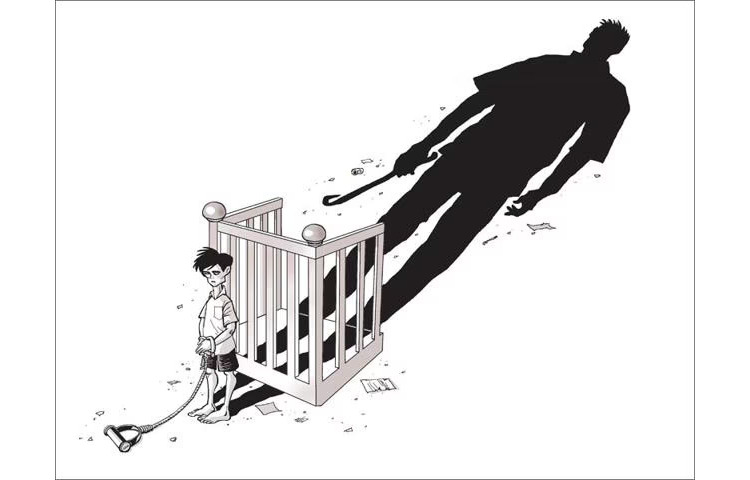“Uttarakhand HC Rules: Bail Applications Under Section 12 of Juvenile Justice Act to be Considered Even if Child Transferred for Adult Trial”
June 14, 2024 2024-07-05 16:46“Uttarakhand HC Rules: Bail Applications Under Section 12 of Juvenile Justice Act to be Considered Even if Child Transferred for Adult Trial”

“Uttarakhand HC Rules: Bail Applications Under Section 12 of Juvenile Justice Act to be Considered Even if Child Transferred for Adult Trial”
By Shazia Siddiqui
In a recent legal proceeding before the Uttarakhand High Court, a juvenile faced charges under Sections 376(3) and 506 of the Indian Penal Code, as well as Sections 5(j)(ii) and 6 of the Protection of Children from Sexual Offences Act, 2012 (POCSO Act). The case centered on his application for bail after being designated for trial as an adult, a decision initially made by the Juvenile Justice Board (JJB) under Section 18(3) of the Juvenile Justice (Care and Protection of Children) Act, 2015 (JJ Act). Despite this classification, his bail plea before the Special Judge was denied, prompting him to petition the High Court for relief.
The pivotal issue revolved around the interpretation of Section 12 of the JJ Act, which asserts that juveniles transferred for trial as adults are still eligible to seek bail. This legal stance has been consistently upheld by various High Courts, including a notable ruling by the Delhi High Court in Ccl A vs. State Nct of Delhi (2020). The Uttarakhand High Court, echoing these sentiments, stressed the imperative of treating juveniles under the JJ Act’s protective provisions, notwithstanding the serious nature of the alleged offenses.
The factual backdrop of the case involved allegations that the juvenile had engaged in sexual misconduct with a 15-year-old girl, resulting in her pregnancy. The court took into account several factors, such as the accused’s age (17 years), the relationship dynamics between the parties, and the absence of adverse findings in the Social Investigation Report. Notably, it highlighted the juvenile’s commendable conduct as a student, which contributed to its decision-making process.
Central to the court’s deliberations were the foundational principles outlined in Section 3 of the JJ Act. These principles, including the paramount consideration of the child’s best interests and the responsibility of caregivers, guided the court’s assessment of whether bail could be granted without compromising public safety or the judicial process.
The High Court’s decision rested on a nuanced evaluation of the circumstances. It underscored the delicate balance between upholding justice and safeguarding the welfare of the juvenile offender, emphasizing that bail could only be denied if substantial grounds existed to believe that his release would pose a risk to himself or others, or undermine the administration of justice.
Ultimately, the court concluded that the juvenile’s case warranted bail. It justified this decision based on his young age, his educational pursuits, and the absence of prior criminal records. However, to mitigate potential risks, the court imposed stringent conditions. These included placing the juvenile under the custody of his father, with strict directives to prevent any contact with witnesses or their families.
This ruling from the Uttarakhand High Court reflects a judicial approach that seeks to harmonize the protection of juvenile rights with the imperatives of justice in cases involving serious criminal charges. It highlights the judiciary’s role in interpreting and applying legal statutes like the JJ Act to ensure equitable treatment of juveniles in conflict with the law, even amidst contentious circumstances.
Case Title:X v. State of Uttarakhand
Citation: First Bail Application No. 273 of 2024









